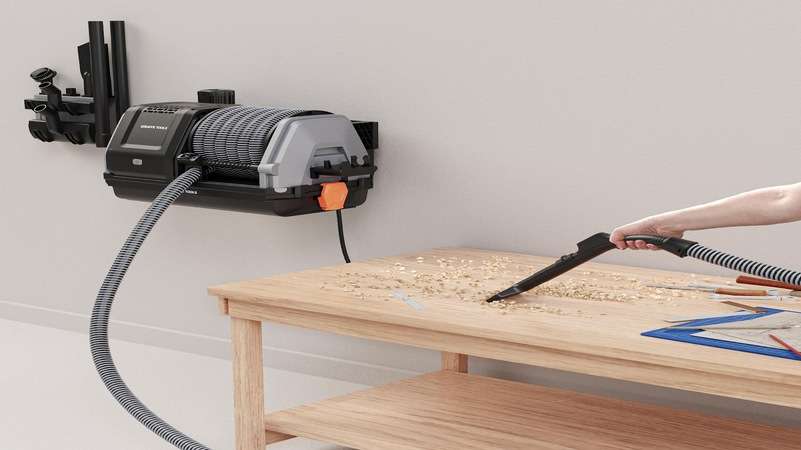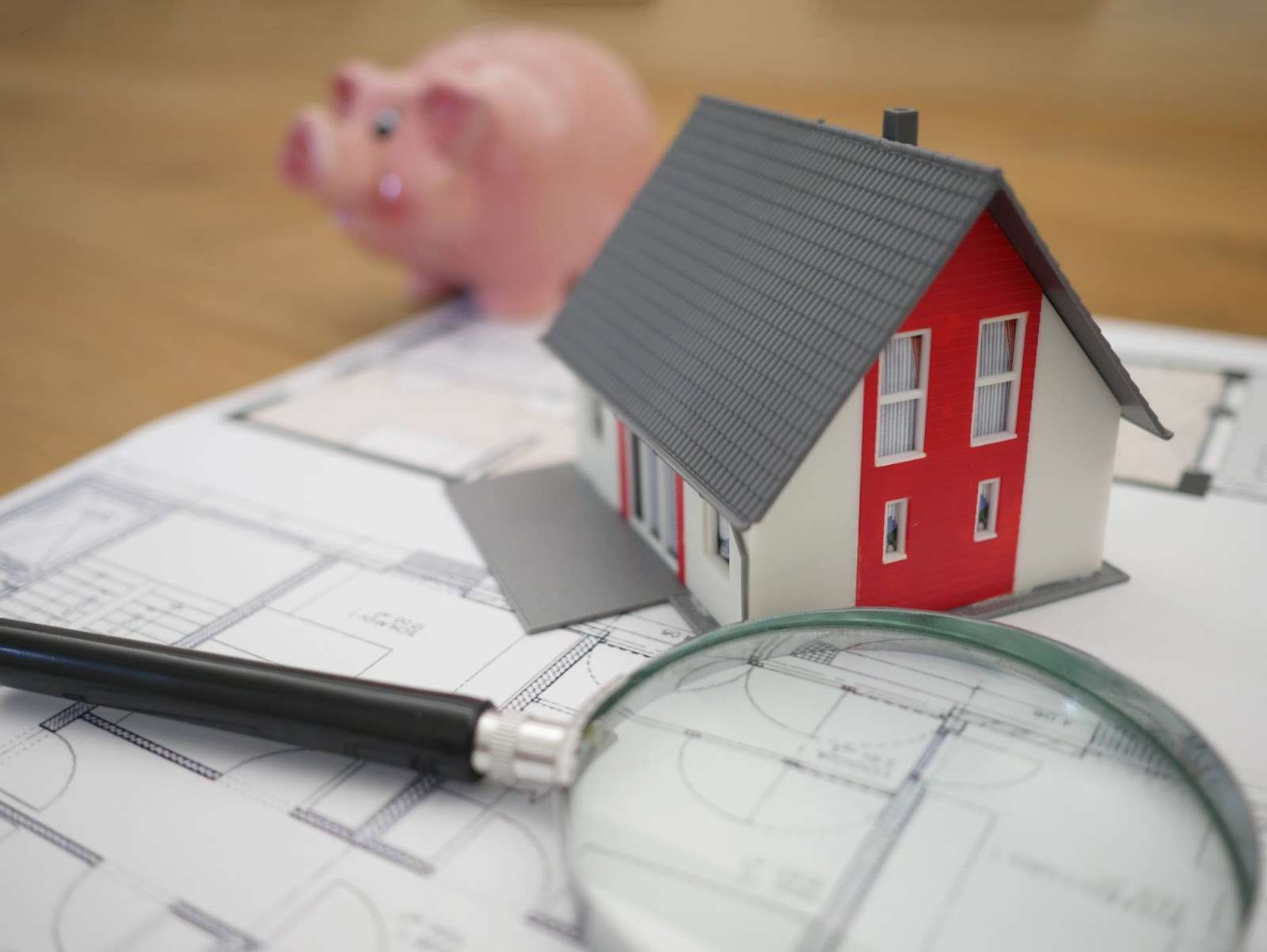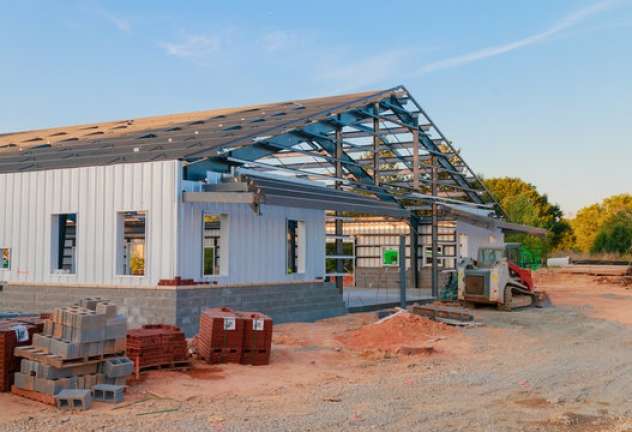Selling your home can be as involved as buying one. You need to research the market, find an agent, and make sure your property is in great shape before you can even think of listing it.
The most important question to ask is, “What is my home worth?” If you have put years of hard work into your property you don’t want to short-change yourself when it comes time to sell.
Here are the most important factors to consider when pricing your home for sale.
Recently Sold Homes in the Area
Take a look at recent home sales in your neighborhood to get a sense of what the local market is like, dating back six months.
Take into account the ages of the homes that sold and what their square footage is. Look at what amenities they have that you don’t, and vice versa.
If you’re working with a real estate agent, they should give you a comparative market analysis to help with this. This is data that will also be used by appraisers who come look at your home and estimate its value.
House Condition
Is your home in good shape, need minor repairs, or require a major facelift?
When appraisers and prospective homebuyers look at houses they determine what work may need to be done. If you’re badly in need of a new roof or electrical system, that will affect how you price your home.
On the other hand, if you’ve put a lot of work in over the years and have things like brand new windows or an added garage, this will increase the value and therefore the price you can put on your home.
Cost of Improvements
If you have made many improvements to the property add up how much you’ve spent doing so.
You won’t be tacking this total price onto the initial cost of the house, but rather looking at adding a percentage of it to determine your selling price.
A return on investment could be anywhere from 40 to 80 percent, depending on how large the project was and the type of value it adds to the home.
Talk Through a Contingency Plan
You have an ideal number in mind. But what if your house ends up sitting on the market for months?
Talk with your agent about a plan for initial pricing as well as what to do in the event that the home is listed for longer than you’d like.
Make it clear what your bottom line is when it comes to what you’ll sell the house for.
Factor in Closing Costs
Remember that even sellers pay closing costs, and they can add up. These costs are deducted from the sale of the home, so they are important to factor into your price.
Closing costs may include title insurance, real estate agent commission, property taxes, and transfer fees.
Some costs can be negotiated in your favor. Other costs may also be negotiated by the buyer in order to make the deal sweeter, such as the seller paying for some necessary repairs.
Think of all possible scenarios and add that into the price.
















